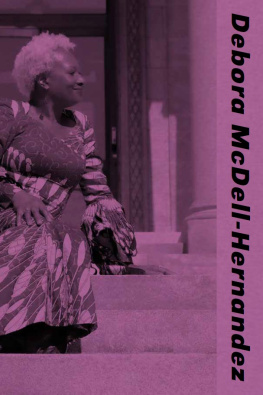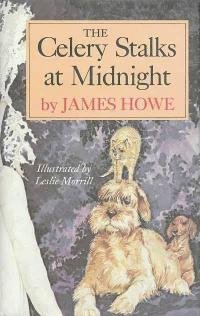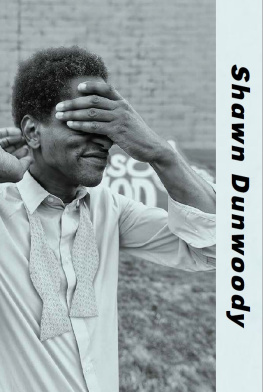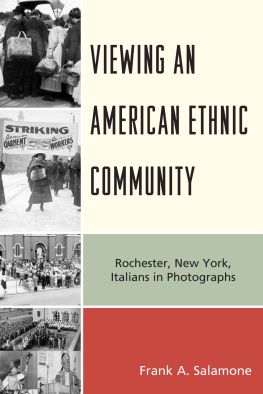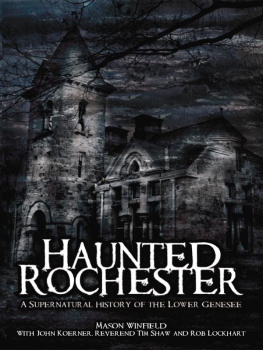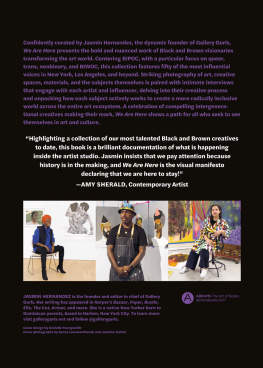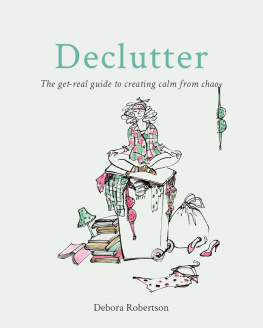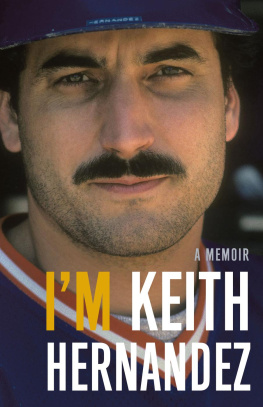



You may have met her at the Memorial Art Gallery during her 17-year tenure there managing engagement and community outreach or the membership program, or heard her on the radio debating New York State sexual education legislation for Planned Parenthood with Evan Dawson on WXXI Connections. It is very possible you bumped into her at The Little Theater, or even joined her for a home-cooked meal on her deck.
She is Debora McDell-Hernandez, and if its one thing I learned in my time getting to know her for In This Moment, it is that she has a pure joy for all cultures, and especially for the people. As such, Debora is a true lover of multicultural experiences, and her pasin por la gente (passion for the people) began at an early age.
Cuando era nia siempre miraba Sesame Street en la televisin y siempre me encant como la gente poda cantar en otro idioma, ella me cont. Qu chvere poder hablar en otro idioma y como si fuera un idioma secreto.
(When I was a girl, I always watched Sesame Street on the TV, and I always loved how the people could sing in another language, she recounted. How cool is it, to be able to speak in another language, like a secret language?)
Spanish was almost Deboras double major in college, and in her junior year at St. John Fisher College she jumped at the opportunity to study abroad in Spain .

Everyone used to assume that I only knew Spanish because my late husband Emilio was from Santiago, Chile, she said. And hes like, she knew Spanish way before she met me.
Is she from a Spanish-speaking country? No, actually. Although her late husband Emilio Hernandez was Chilean, Debora is a Rochester native, born and raised on the Northeast side by Bausch and Lomb, where she still visits her parents today. She went to schools many of us have heard of, like Frederick Douglass Middle School, and Joseph C. Wilson Magnet High School. Rochester high schools in the 80s were divided into specialty schools, and at the time Debora attended Wilson Magnet High it was the Academy of Excellence and Science and Technology. While her brother went into the science, and technology side, her specialty was humanities, communications, and foreign language. It was there she deepened her knowledge of Spanish.

It is truly difficult to fit Deboras extensive multicultural work, and experiences at home, and abroad into one short essay, given how vast and varied they have been. She has traveled to Latin America and Europe innumerable times for work, vacation, studies abroad, and family trips. When Mayor Walter Musa of Puerto Plata in the Dominican Republic visited Rochester and met with then Mayor Bob Duffy, the mayors re-affirmed a 1997 sister cities
agreement between Rochester and Puerto Plata. For the next five years, Debora served as a sister cities board member facilitating over a hundred travelers to Puerto Plata as well as helping secure a donation from Rural Metro for an ambulance to be shipped there and shared by three hospitals in the region.
Y cmo cambi la cosmovisin de Debora a causa de la cultura espaola?
(How did all the Spanish culture change Deboras worldview?)
Fue una educacin vivir en otro pas con una familia, ella me dijo. Y en aquel momento en los Estados Unidos haba un conflicto racial. La polica atac a Rodney King en Los ngeles. Viviendo en otro pas, me ense que piensa la gente en otras partes del mundo sobre los Estados Unidos en cunto al racismo. Mucha gente me pregunt, Cmo se trata a los afroamericanos en los Estados
Unidos? Por qu? Qu pas con Rodney King?
(It was an education, living in another country with another family, she told me. And, in that moment, the country [the United States] was in the middle of the Los Angeles conflict when the police attacked Rodney King. I learned what people globally thought about the United States regarding racism, and things like that. Because many people would ask me How do they treat Blacks in the United States? Why? What happened with Rodney King?)
En ese momento ella sinti que todo el mundo le preguntaba, Por qu es as? No es justo! La gente afroamericanos en tu pas es maltratada!
(In that moment she felt like the whole world was asking her, Why is it like that? Thats not fair! The Black people in your country are punished!)
Fue un tiempo para pensar en el racismo y las relaciones entre la polica y la gente afroamericana,

ella me dijo. y ahora estamos pasando por la misma situacin con George Floyd y Breonna Taylor y Ahmed Aubrey. Pero tambin yo creo que me hizo
una persona ms flexible, porque cuando no ests en tu pas necesitas cambiar tu forma de pensar, de hacer cosas y las cosas no son, no son iguales.
(It was an interesting time for thinking about racism, and the relationship
between police, and African American people, she said. Its like now we are singing the same old song with George Floyd, and Breonna Taylor, and Ahmed Aubrey. But I also think that it made
me a more flexible person, because when youre not in your country you need to change your form of thinking to do things, things are not the same.)
Debora me cont una historia de una experiencia en Espaa con dos amigas americanas y
un hombre espaol que quera discutir el tema del racismo. El hombre invit a Debora a tomar una copa, pero slo a ella. Debora
quera saber por qu no invit a sus amigas blancas. Ella le pregunt, Y por qu no invitaste a mis amigas tambin? Y el hombre le dijo, es que t eres
una mujer afroamericana y tienes experiencia del racismo en tu pas y ellas no.
(Debora told me a story about an experience she had in Spain with two American friends, and a man from Spain where they were discussing the topic of racism. This man offered to buy Debora
a drink, but just her, and she was with her two white friends, so she asked him, And why didnt you invite my friends to a drink? And the man said, Because youre a Black woman, and you have had to deal with racism in your country, and they havent.)
Bueno, ella dijo. Despus de hablando y hablando por mucho tiempo, nos comparti que era facismo tambin con tantos pensamientos negativos de los gitanos en su pas. Son casos distintos, pero parecidos y l no fue un ngel.
( Well, she said. After a lot of time talking and talking, we shared with him that he was racist also because of all the negative feelings toward gypsies in his country. They are different but similar cases, but he was no angel.)
Flash forward to being a Black woman today, to the American city of Rochester that is widely considered one of the liberal bastions of Western New York but where racism, poverty, and lack of opportunity are still rampant problems.
My frustration is that people really dont understand what these struggles are and that people sometimes just think, Oh, you know, but thats not racism, everybody has an equal chance, she said.
Next page
